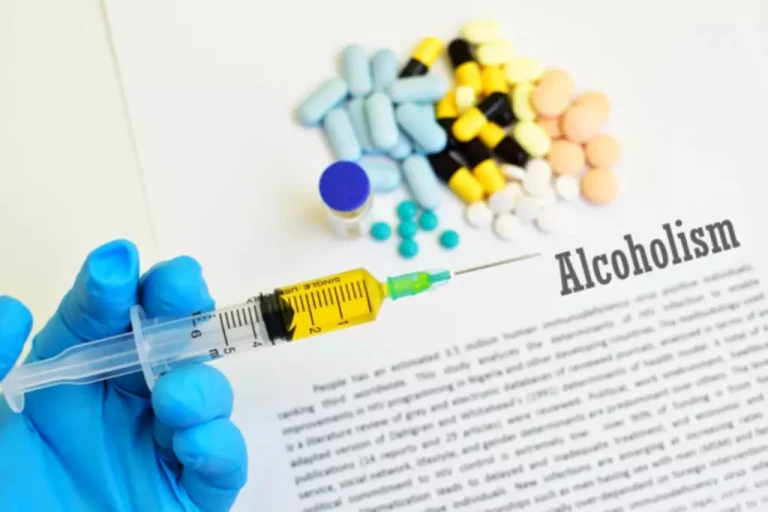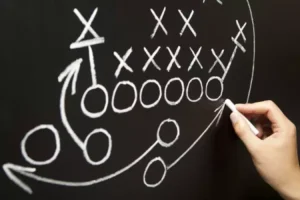
When you’re ready to stop, there are lots of benefits – from reducing your blood pressure and better sleep in the short-term, to many other important longer-term health benefits. Being dependent on alcohol can cause physical withdrawal symptoms like shaking, sweating or nausea. If you have these symptoms if you miss a drinking session, it can be dangerous to stop drinking completely too quickly without proper support. Too much alcohol affects your speech, muscle coordination and vital centers of your brain. A heavy drinking binge may even cause a life-threatening coma or death.
- ‘The exfoliator non-selectively removes healthy surface skin cells and their lipid layers, something the skin has spent the last month making,’ says Dr Patterson.
- Acute alcohol withdrawal symptoms can range from mild to severe, and the severe symptoms can be dangerous or even life-threatening.
- By the fourth week, inflammation-related symptoms may improve, and you might notice a slimmer face, reduced bloating, and less joint pain.
- You might not have any issues after your short-term withdrawal goes away.
- Did you know alcohol use can actually make you more prone to getting sick by undermining the immune system?
- But maybe you’re unsure about quitting completely and don’t want to hold yourself to that goal.
Week one: Increased energy, reduced calories, better sleep

The effects of high-quality sleep will continue to build each day. The peak of withdrawal often occurs after about 48–72 hours after your last drink. At this point, what happens when you stop drinking alcohol all symptoms that are going to happen will be present and will be at their worst. The most dangerous symptoms that can develop will do so as symptoms peak.
- After you drink alcohol, Volpicelli explains that the small molecules inside it get absorbed by your gut.
- Benzodiazepines like Librium (chlordiazepoxide) and Ativan (lorazepam) may also help to prevent minor withdrawal symptoms from becoming more severe.
- And by taking the decision to stop drinking, you could reduce your risk of developing many serious alcohol-related diseases.
- That’s why that initial physician consultation is so important, and with Monument, you can see a physician using your existing health insurance.
- ‘In the kidneys, alcohol increases water loss by suppressing the hormone vasopressin, which helps you to reabsorb water,’ adds Dr Jack.
Alcohol Withdrawal: How to Get Through It
This is natural, especially because you may start experiencing alcohol cravings at this time. There are lots of tools to help curb cravings, including medication to stop drinking. Seeking out sobriety tools can help you get through urges without relying solely on willpower. Studies have shown that after a couple of weeks sober, you start to reduce the damage to your brain and your blood vessels.
Week Two Benefits
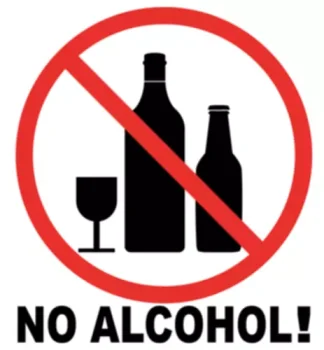
Also, your risk of developing cardiovascular disease will start to decrease. Alcohol can increase your blood pressure and make your heart work harder. Alcohol causes you to produce excessive amounts of urine, leading to dehydration. If you’ve been drinking for a while, you will probably be surprised by how much being sufficiently hydrated improves your health. Chronic dehydration can affect how you feel, how your skin looks, your hair quality and your overall well-being. By the first week after stopping alcohol, you will be more hydrated.
- Her fields of interest include Asian languages and literature, Japanese translation, cooking, natural sciences, sex positivity, and mental health.
- Binge drinking can lead to consuming an extra 600 calories or more in a day.
- Studies have also connected alcohol use to an increased risk of stroke, especially for people under the age of 45 years old.
- Other drugs a healthcare provider might prescribe include anxiolytics , vitamins, and suboxone.
- During these first few days of sobriety, you may have trouble sleeping.
week after you stop drinking alcohol:
It’s possible to develop a better relationship with alcohol and make more mindful, informed choices about drinking without total sobriety. Your urge to drink may be so intense that you can’t think about anything else. Ask your doctor for help if you can’t ignore your desire for https://ecosoberhouse.com/ alcohol. Information provided on Forbes Health is for educational purposes only. Your health and wellness is unique to you, and the products and services we review may not be right for your circumstances. We do not offer individual medical advice, diagnosis or treatment plans.
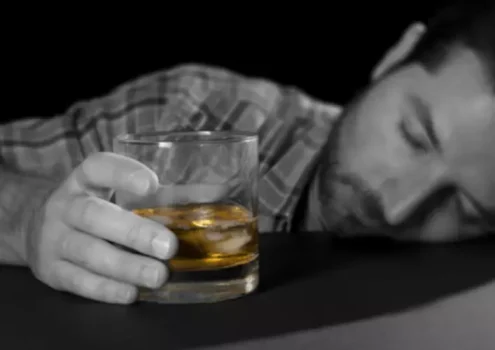
Those with a wider circle of support have a better chance of staying sober. There are many support options available that can help guide you through alcohol withdrawal, as well as abstaining from alcohol after withdrawal. However, medical complications can occur during the acute phase of withdrawal. Remember you are facing a difficult challenge during alcohol withdrawal, but you are not alone.
- On top of that, you’re likely feeling less anxiety and are better able to regulate your emotions when life’s hiccups arise.
- For individuals with severe alcohol dependence, however, withdrawal symptoms can be more severe and may require medical attention.
- Though a couple of drinks can make you feel relaxed, reducing tension and lowering inhibitions, it makes for slower reflexes, poor co-ordination and slower brain activity.
- But, as drinking even at low levels increases the risk of these diseases, deciding to stop drinking completely is a positive choice.
- You might notice this effect more if you were drinking to manage your mood, such as drinking to temporarily relieve negative emotions or boost positive ones.
- You might think that a regular glass of red wine or other alcoholic beverages might be good for your heart.
Stopping drinking abruptly can lead to seizures and can even be fatal. After three days, you will likely start to feel more like yourself. However, individuals who have been drinking heavily for long periods of time may still experience some symptoms of withdrawal and may even have hallucinations or delirium tremens (DTs) and seizures. Serious alcohol misuse can decrease your lifespan by as much as 28 years compared to those who don’t drink.
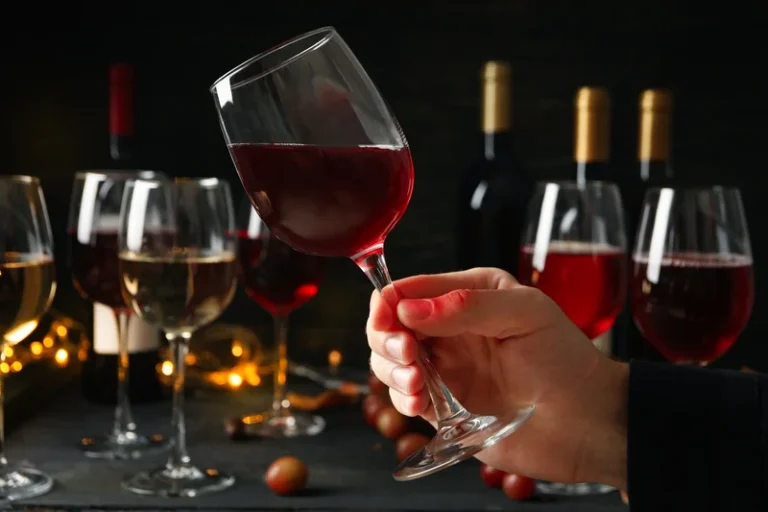
In the Next Few Weeks
Research shows that some damage to your brain, liver, heart, and gut done by alcohol will slowly heal when you stop drinking. While it’s true that alcohol withdrawal symptoms can be severe, they will not last forever. Once you get through that part of the process, you’ll start to feel better physically and mentally. Alcohol withdrawal refers to the physical and mental effects a person experiences after stopping prolonged and heavy alcohol use.
Your Sex Life Might Improve
